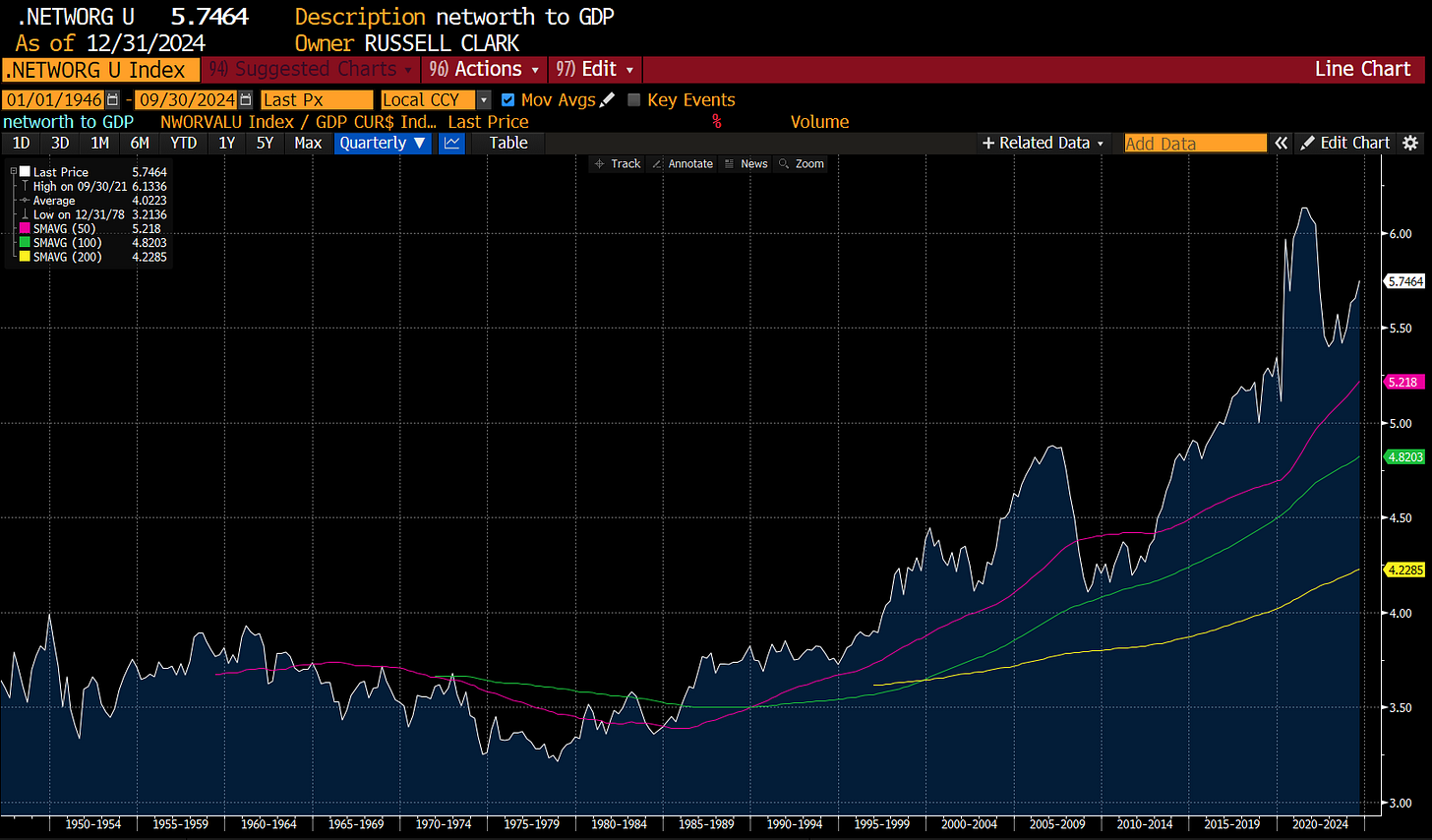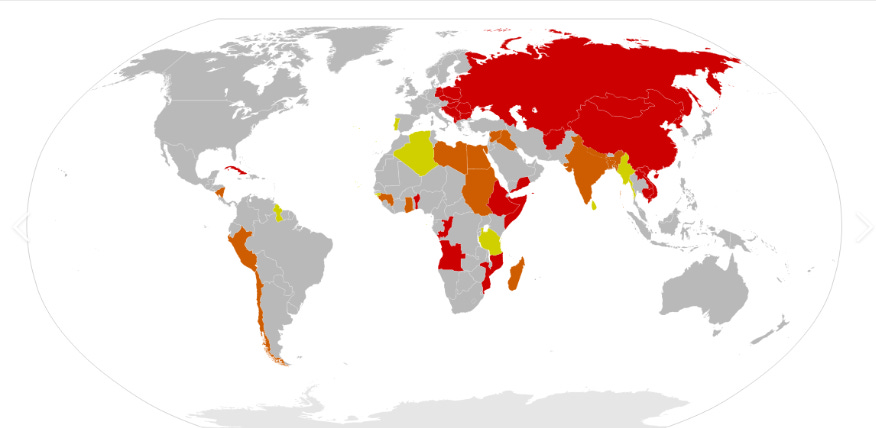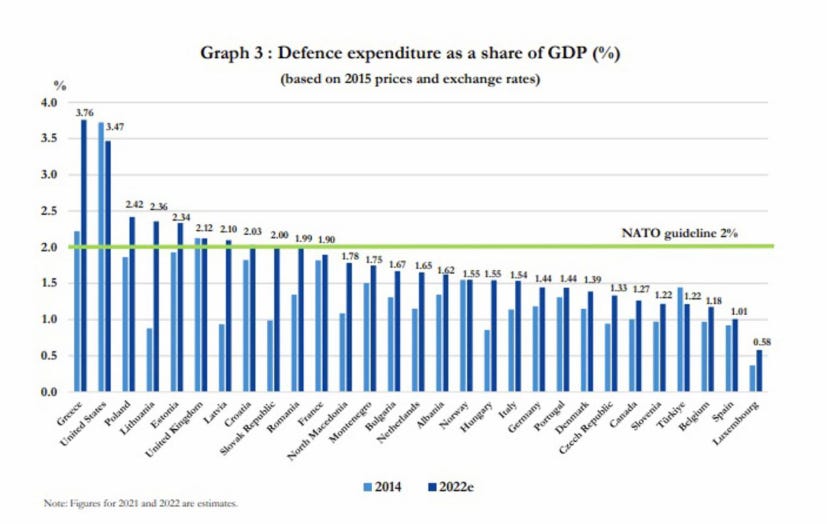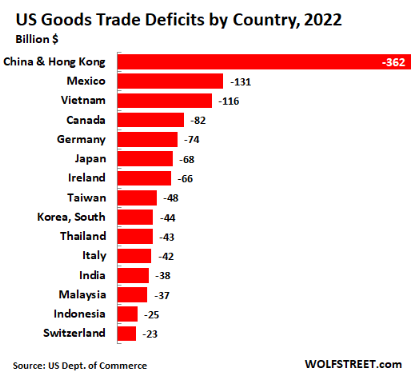I have been pondering the US and the re-election of President Trump. And in a previous post, I had expounded the idea of we are now in the third era of American policy making since World War II - the “Greed is Bad” era from 1945 to 1980 (high taxes and heavily regulated), to the “Greed is Good” Era from 1980 to 2016 (lower taxes and regulation, but more competition and freer trade), to now the “Greed is Everything” (no taxes or regulation, and using government policy to maximise profits). From a market perspective, this has allowed the value of financial assets as a multiple of GDP, to break out of a long standing range. From 1945 to 2000, having financial net worth of 4 times GDP was a sign of excess - since 2015, it is now more a lower boundary.
I had originally looked at changes in tax and regulations to describe this change to “Greed is Everything”. But I think there is another more intuitive way of thinking about this change. After World War II, the world was a political white space. The old British, French, Japanese and German empires were collapsing. In this void we saw the emergence of two different regimes, the USA and the Soviet Union. For most of the 1950s and 1960s, the march of communism and the Soviet Union was unstoppable. On a population basis (which when you are discussing a system that does not believe or use free market pricing is probably the only valid comparison), Socialism was the dominant political form.
To counteract this, the US (which has always been a reluctant imperialist) offered a deal to the free nations of the world. Military alliances, as long as you supported free trade and free elections (and sometimes the free elections was optional). If you live in the free world, you are never too far from a US military base.
The US led system basically offered wealth and protection to the world, while the Soviet Union led system in the end offered only poverty and oppression. To sign up to a US led system was a no brainer, and eventually everyone did. In some ways, you can think of the US system like the offer to sign up to Amazon Prime. You are getting free delivery AND on demand video AND various other benefits for a very low cost - or even at a loss to Amazon - why would you not sign up? But this is a very common business model - low cost or free to subscribers to build scale, and then once scale is achieved, we move to the monetisation phase. US policy under Trump is now moving to the monetisation phase. Do you want to be in a military alliance with the US? Then you need to spend at least 2% of GDP - preferably on US military equipment.
Do you want to have free trade with the US? Then you need to run a balanced trade with the US, or face tariffs.
In many ways, the US foreign policy has become a carbon copy of many US corporate policies - make switching costs so high, you have no option but to spend. The fact of the matter, is that the switching costs are high, and that these policies plainly help the US at the detriment to rest of the free world. The problem is that where there was no incentive to even have a second option, the US is now creating a strong incentive for nations to counter balance US influence. Just as a smart businesses diversifies suppliers, US trade and military partners are now incentivised to diversify. The first example of this would be the movement away from treasuries and back to gold for foreign reserves. Long gold and short treasuries has continued to work despite the strong equities and strong dollar that America first policies have produced.
The other problem that America first policy has is that is politically destabilises allies. In France, the political centres has been hollowed out, leaving the hard left and and hard right in political driving seat. French- German 10 year bond spread widening implies the end of the EU project. Politically, I find it easier to see this as a benefit to a Russia-China anti US axis, than to the US. Business wise, I can see how the US would see a broken up European Union being less of a threat to US business - although at the risk of Europe falling out of US political orbit.
One thing I have learnt over the last few years is that voters follow the money. I thought the UK leaving the EU was a bad idea, but voters were sold on the idea that we were sending money to Europe that could be used better in the UK. It was only really in the 2000s that the UK became a net contributor after the expansion of EU to the East, and that combined with the influx of people from central Europe that moved the Brexit debate.
The EU became unpopular once the UK became a contributor. US America First policies is asking everyone else to be a contributor. For me, a shift away from the US is possible. I certainly see signs of this in the lack of support for Russian sanctions, and governments hedging their bets with China. The US led system works well for the US, but voters are unwilling to pay for it. Something has to give - and when I look at the world today, it is already giving.



















